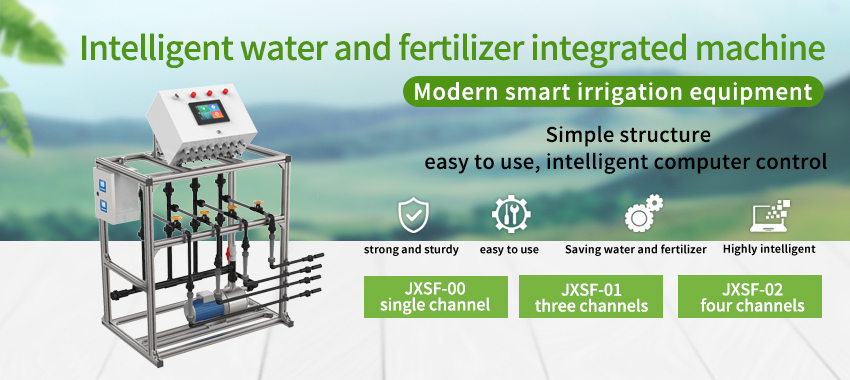Smart Irrigation

Smart Irrigation is an innovative technology that uses sensors and software to automatically monitor and deliver water to crops. This system can help farmers increase their crop yield and reduce water wastage, which is becoming a critical issue worldwide.
In this article, we will discuss how Smart Irrigation can be used to increase farm productivity.
Advantages of smart irrigation
Water Efficiency
One of the main benefits of Smart Irrigation is its ability to conserve water. By using sensors and software, the system can monitor the soil moisture levels of each plant and deliver water only where it is needed. This eliminates the need for farmers to manually water their crops, which often results in overwatering and wastage. By using Smart Irrigation, farmers can save up to 50% of their water usage, which not only increases their profits but also helps to protect the environment.

Precision Agriculture
Smart Irrigation also enables farmers to practice precision agriculture. By using sensors and software, the system can collect data on soil conditions, temperature, and humidity to provide farmers with a detailed analysis of their crops. This information enables farmers to identify problem areas and make necessary adjustments to their crops’ growing conditions. This approach results in healthier and more productive crops, which leads to increased farm productivity.
Reduced Labor Costs
One of the major drawbacks of traditional irrigation methods is the need for manual labor. Farmers must either water their crops themselves or hire workers to do it for them. Smart Irrigation systems, on the other hand, are fully automated and require minimal maintenance. This reduces the need for hired labor, which helps to cut down on farming costs and increase profits.

Disease and Pest Control
Smart Irrigation systems can also help farmers control pests and diseases in their crops. By monitoring the soil and plant conditions, the system can identify infestations early on and trigger sprayers to apply pesticides or fungicides only where necessary. This approach reduces the need for farmers to use broad-spectrum pesticides that can harm beneficial insects and lead to resistant strains of pests. Instead, targeted pest control methods can be used, which are more environmentally friendly and cost-effective.
Climate Change Resilience
Smart Irrigation systems can help farms become more resilient to the effects of climate change. By monitoring weather patterns and soil conditions, the system can adjust its watering schedule to account for changing conditions. This enables farmers to prepare for droughts or floods and minimize their impact on crop yields. Additionally, Smart Irrigation systems that use renewable energy sources like solar power can reduce a farm’s carbon footprint and help to mitigate the effects of climate change.
conclusion
Smart Irrigation is an innovative technology that can help farmers increase their crop yield and reduce water wastage. By automating the irrigation process and collecting data on soil and plant conditions, Smart Irrigation systems enable farmers to practice precision agriculture and target pest control methods. Additionally, Smart Irrigation systems help farms become more resilient to the effects of climate change and reduce their carbon footprint. By adopting Smart Irrigation technology, farmers can not only increase their productivity but also contribute to a sustainable agricultural future.
Great beat ! I would like to apprentice while you
amend your web site, how can i subscribe for a blog site?
The account aided me a acceptable deal. I had been a little bit acquainted of this your broadcast provided bright clear idea
Look at my page: nordvpn coupons inspiresensation – in.mt –
350fairfax nordvpn coupons
Hello colleagues, its enormous paragraph regarding teachingand fully explained, keep it up all the time.